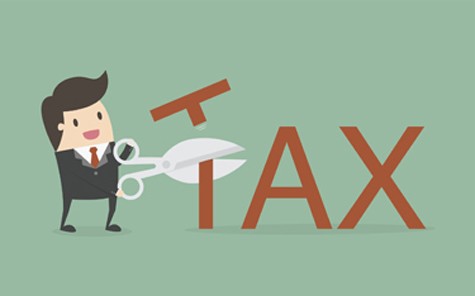Liability limited by a scheme approved under Professional Standards Legislation
Latest Accounting News
| In case you missed it – The company tax Bill that did pass Parliament. |
Amidst all the drama in Canberra recently, you could be forgiven for missing an important company tax rate change. |
One bill – (Enterprise Tax Plan Base Rate Entities) Bill 2017 actually did get passed by the Senate. This is an important company and dividend taxation amendment, having both retrospective and prospective impacts. The lower company tax rate is now dependent on:
Further, maximum franking credits that can be attached to dividends are to be determined by:
It should not be – but to answer the question what company tax rate will I pay – it depends!!
AcctWeb 28th-September-2018 |
| Simmons Partners Suite 3a, 303-313 Burwood Hwy Burwood East 3151 Vic | Phone:+61 3 9887 9377 | Fax:+61 3 9887 9615 | Email:info@simmonspartners.com.au |


